Stem pests often fly under the radar—but they can quietly chip away at soybean yields across Illinois. Thanks to Illinois Soybean Association checkoff support, researchers from Southern Illinois University and the University of Illinois have spent the past three years identifying the culprits and mapping their spread across the state.
The research team collected samples from 56 Illinois counties, uncovering more than 1,000 fungal isolates from diseased stems and seeds. Their goal: determine which pathogens are most common and how management practices, like fungicide applications, impact disease development.
Key findings include:
- Diaporthe species, which cause stem canker, were widespread.
- Macrophomina, which causes charcoal rot, appeared in samples from 20 counties.
- Anthracnose was identified in 13 counties.
This data will help drive future efforts to develop resistant soybean varieties and refine management strategies tailored to Illinois growing conditions.
On the insect side, the research team zeroed in on the dectes stem borer, a native pest that's become more common over the last 10–15 years. Most prevalent in south-central Illinois, especially in no-till systems, this pest tunnels into stems and can cause late-season lodging.
Researchers also conducted widespread surveillance for soybean gall midge, a potentially invasive pest. The good news? It hasn't been detected in Illinois—yet.
The findings offer several takeaways for farmers as they crop scout during the season:
- Scout for stem pests during drydown by splitting stems or checking for sawdust at the base—a telltale sign of dectes activity.
- Prioritize at-risk fields for early harvest to reduce lodging losses.
- Work with agronomic advisers to identify disease pressure and select varieties with known resistance traits.
- Stay alert for pest movement and adapt field practices accordingly.
This research, powered by Illinois Soybean Checkoff funding, supports farmers with knowledge that can lead to better decisions and stronger yields.
For the latest information about this project, visit Field Advisor's Research Hub.

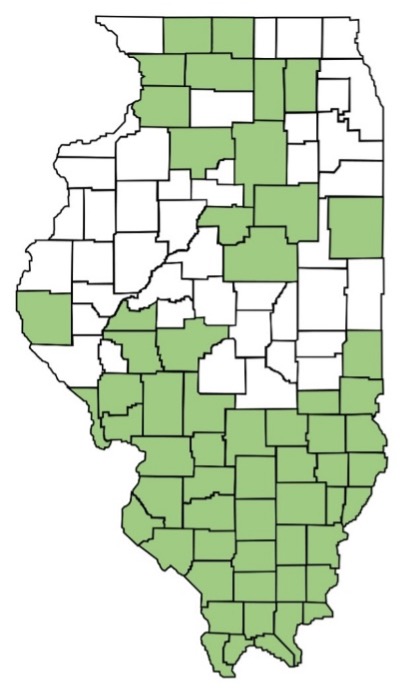
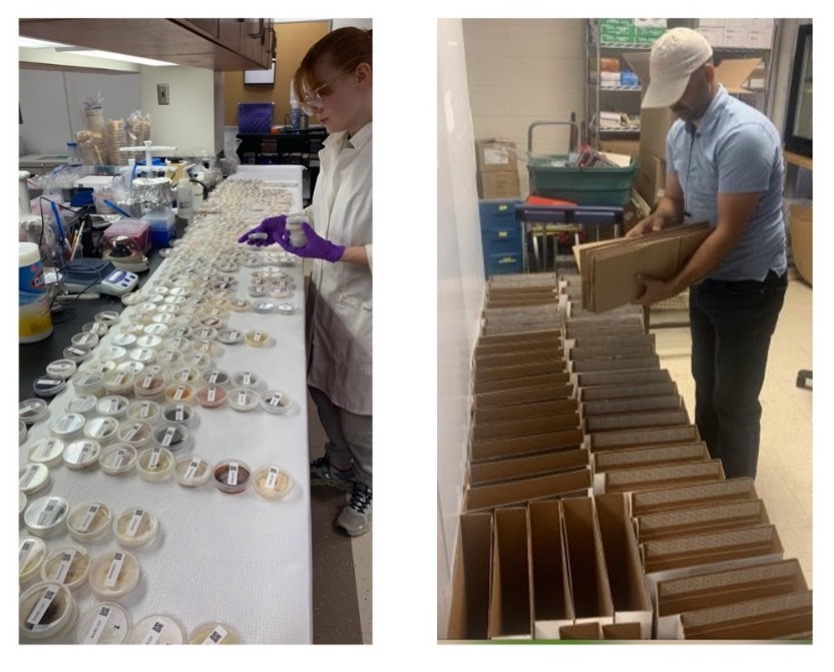
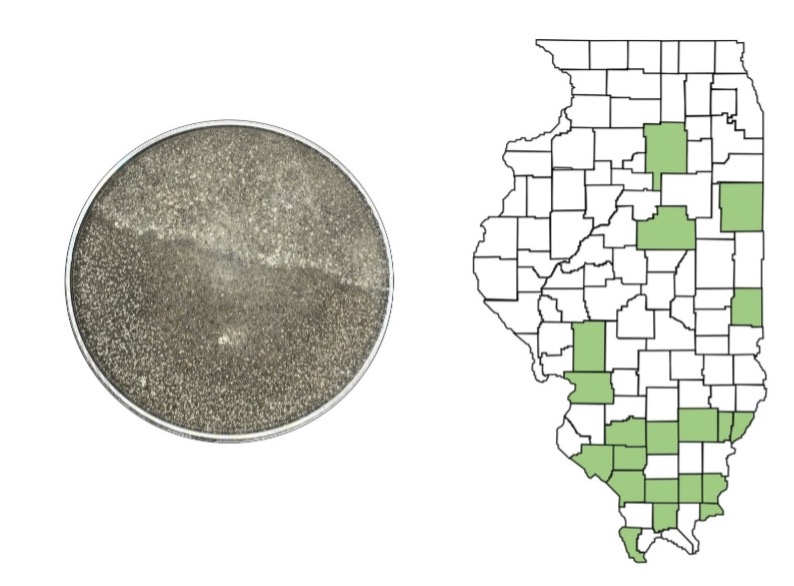
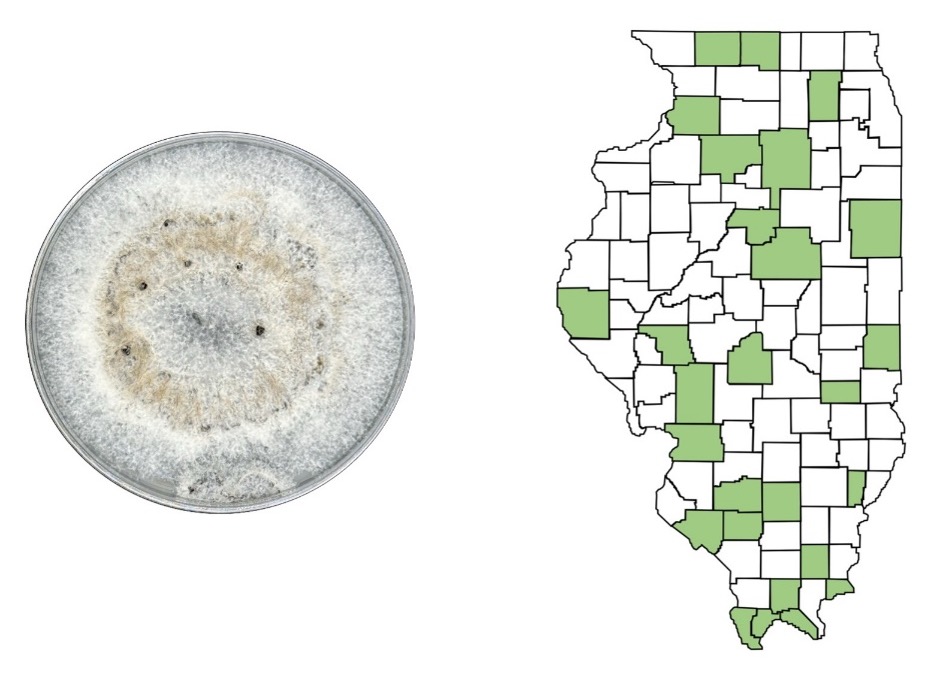
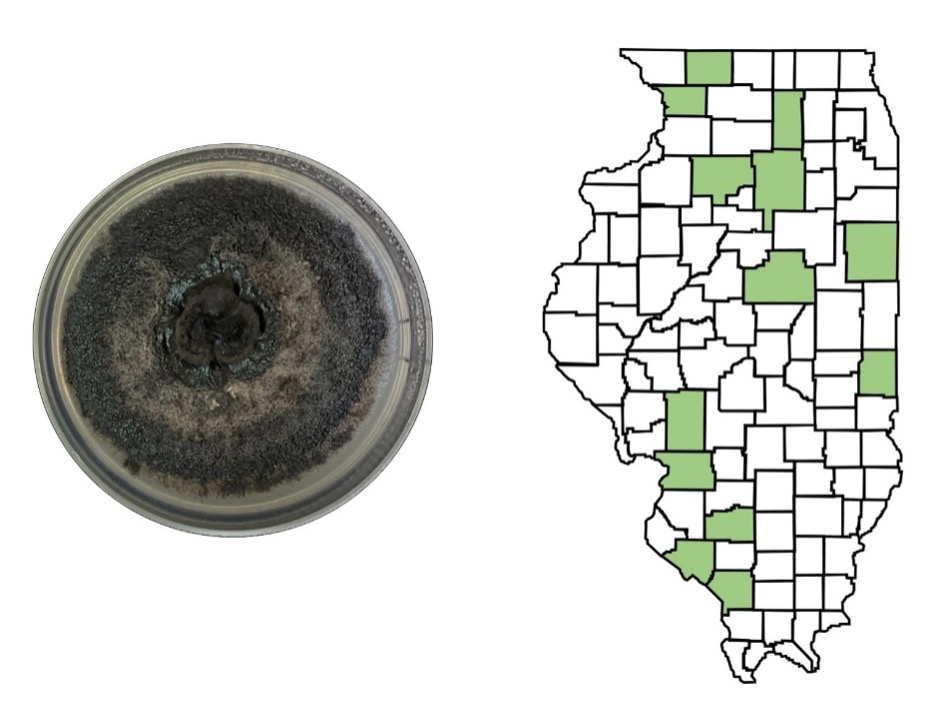

 and then
and then